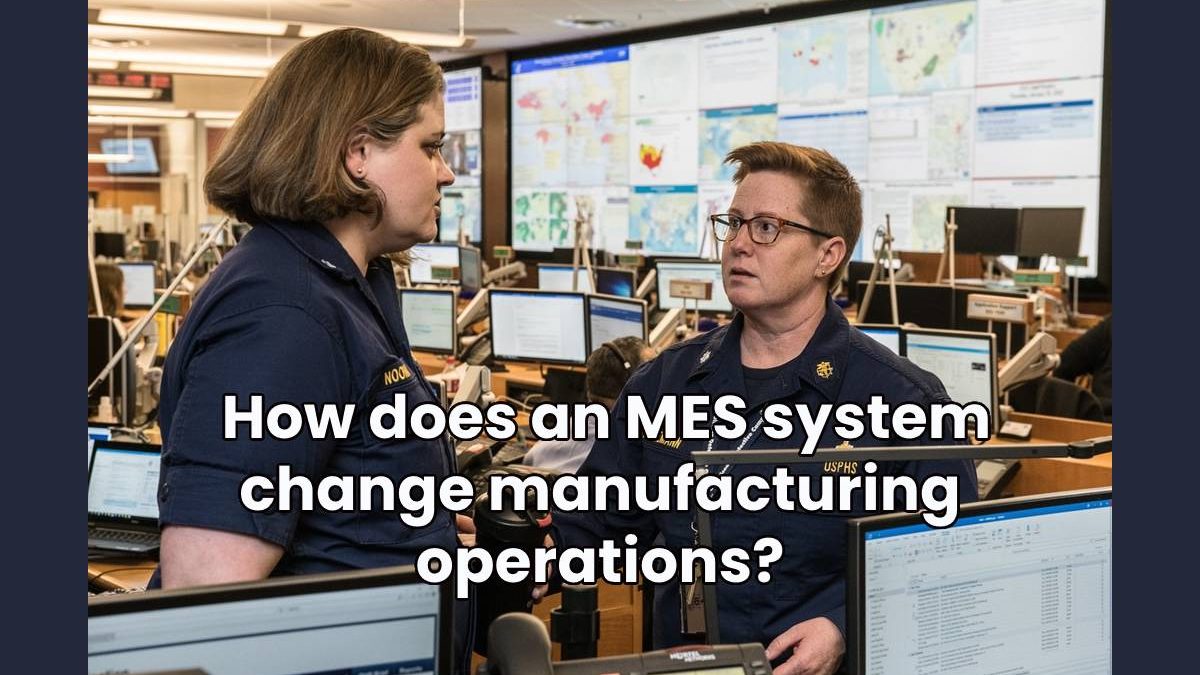Manufacturing Execution System (MES) is something that every business needs in order to gain better productivity in the digital world. This article is going to show you how exactly an MES system work and what are the benefits of using it in your company. Ready to get optimized?
What is an MES system used for?
Generally speaking, MES is a digital form of advanced planning and scheduling manufacturing processes, which get to be aligned with a warehouse management system (WMS) and better overall equipment effectiveness (OEE) that will result in more fluent workflow. The main benefit of using MES system in your company will come in a form of reduced production and maintenance costs.
In fact, every business sector can apply the Manufacturing Execution System in a production plan. From pharmacy to car companies – everyone’s invited. That’s because the software itself is highly universal, and its features can be adjusted to individual needs. User interface is friendly and easy to work with, too. You should definitely visit this page: https://antsolutions.eu/products/manufacturing-execution-system/. There you will find more information about the MES and how this system can be of use in your particular situation.
Manufacturing Execution System: how does it work exactly?
The MES software processes data collected directly from machines and presents it throughout the interface of an application installed on your company’s computers. Mobile solutions are also available, yet a standard cellphone or a tablet might not be powerful enough to accommodate all that computing power MES provides. It all depends on individual cases, though.
Amongst the most important things an MES software can monitor (and optimize) are:
- Resource list and detailed information about each machine in the factory, including its current status. A production manager can easily cover each one of them without leaving his/her office. Quite convenient, isn’t it?
- Types and causes of possible downtime. What we mean here, are mostly breaks for employees, maintenance procedures, idle time, mechanical failure, lack of material etc. An MES software will scan all of this and let you know if there’s going to be a serious productivity issue or not.
- The progress of the production order and the estimated time of its completion. That’s particularly useful when you need to assess reasonable project requirements for your client and avoid reliability damage.

